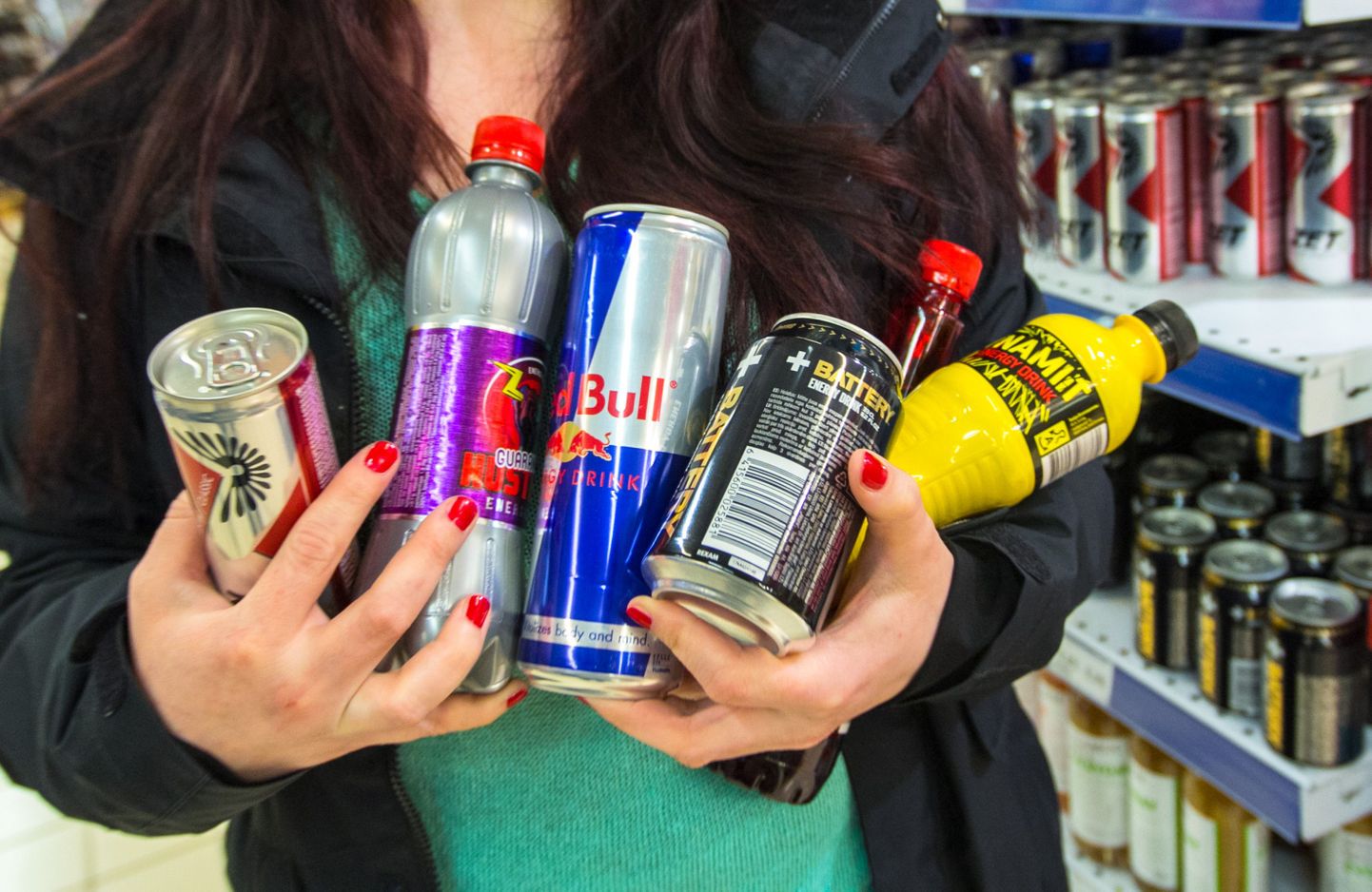
Yesterday at Estonian Health Museum, good practice of marketing energy drinks was introduced. Among other things, it is advised to add warnings to labels and impose sales limit at stores to minors.

Yesterday at Estonian Health Museum, good practice of marketing energy drinks was introduced. Among other things, it is advised to add warnings to labels and impose sales limit at stores to minors.
The good practice has been developed by agriculture ministry, Consumer Protection Board, National Institute for Health Development (TAI) and Veterinary and Food Board – a collection of advice regarding responsible labelling, advertisement and sales promotion of energy drinks.
«By today, we have discussed the nuances and we heartily wish that this would find widespread use in Estonia,» said agriculture minister Ivari Padar, adding that up to now the brainwashing regarding energy drinks has been very intense.
As explained by agriculture ministry food safety department head Martin Minjajev, the good practice is aimed at pointing producers, advertisers, and marketers, as well as consumers to marketing and trading means improper for selling energy drinks. «At the moment, we are seeing an aggressive marketing push of energy drinks even towards children and youth. Meanwhile, the youth are unprepared for possible related health hazards,» he said.
Last year the ministry ordered an energy drinks consumption survey by TAI which revealed kids take these up at the early age of 10 to 15. «As confirmed by the study, consumption of energy drinks is a problem in Estonia, especially with those aged under 18. Thus, we concluded the best we could do was to develop a good practice guide aimed at enhancing responsibility by the various parties when it comes to marketing,» explained Mr Minjajev.
Also, he pointed out negative cases of marketing in the recent years. «Not advised for those under 18. May cause sexual arousal!» – according to Mr Minjajev, a warning like this is not sincere, on the contrary aimed to hook the young. Also, Mr Minjajev strongly discourages offers to the tune of «more drink for the same money» or promises to «keep you alert and active 24/7».
The good practice suggests a warning to «consume moderately» and impose limit on sales to minors at stores. Also, stores ought not to place energy drinks next to sports drinks and strong alcoholic beverages, neither right next to cash registers. «Obviously, not all marketers and producers are not immediately able to fill all requirements, but if they make it their aim, that would be a great and positive step already,» noted Mr Minjajev.
Two years ago, Rimi was the first retailer to quit selling energy drinks to those under 16; the company claims the limit has significantly lowered purchases thereof. Prisma marketing manager Silver Säga said the chain has not yet discusses a ban like that.
According to Maxima Eesti brand and communications director Ty Lehtmäe, they haven’t taken any steps towards that either. «We will definitely familiarise ourselves with the initiative as soon as possible,» she promised.
In a year’s time, the initiators will be drawing conclusions and assessing the impact of the advice. Mr Minjajev believes the guidelines ought to be sufficient, Estonia not having to resort to such strict measures as Lithuania, for instance, where sales of energy drinks were forbidden to all under 18 years of age.
According to TAI nutrition expert Tagli Pitsi, energy drinks are often advertised as providing energy and alertness, while they actually offer no significant amount of added energy, rather using up the energy stored in the organism. Energy drinks contain lots of sugar, thus excessive use may help gain weight and damage the teeth. Due to the high caffeine content, excessive consumption may also lead to various health disorders and ill-being.
Adherence to good practice will be monitored by Consumer Protection Board and Veterinary and Food Board.
----------------------------------------
Advice on energy drinks marketing
Source: Ministry of Agriculture, TAI